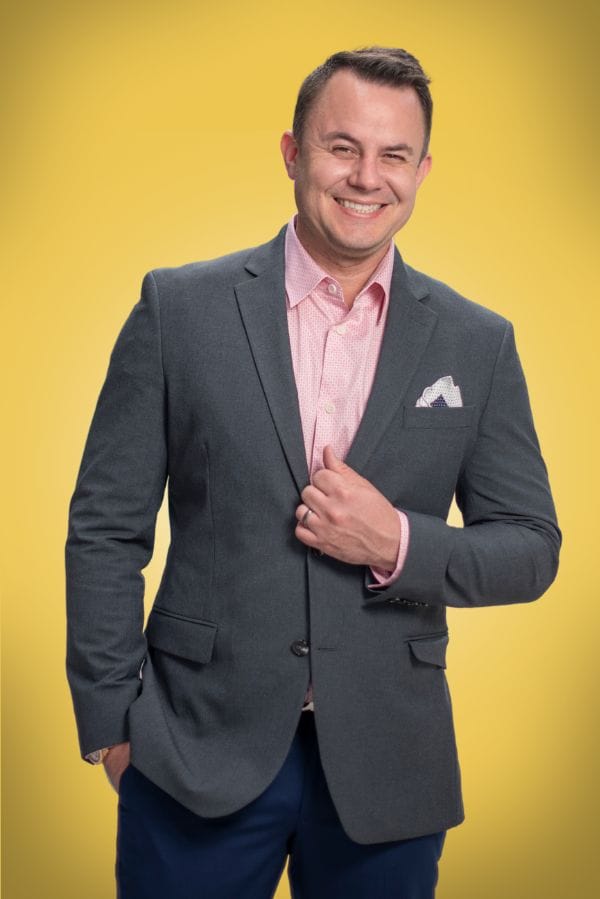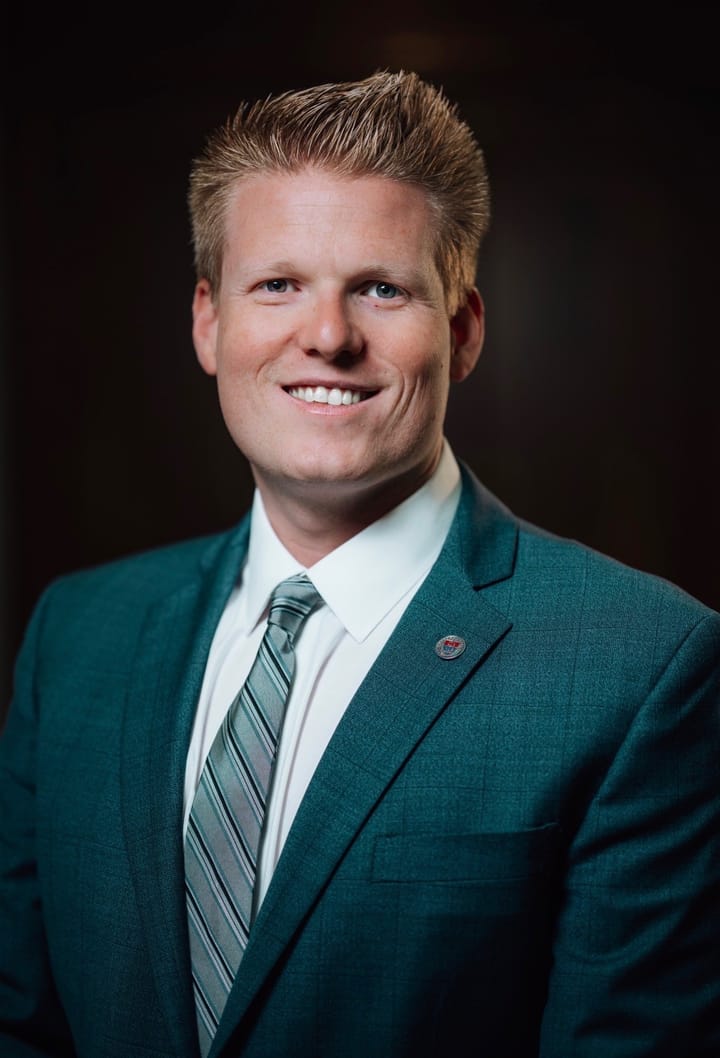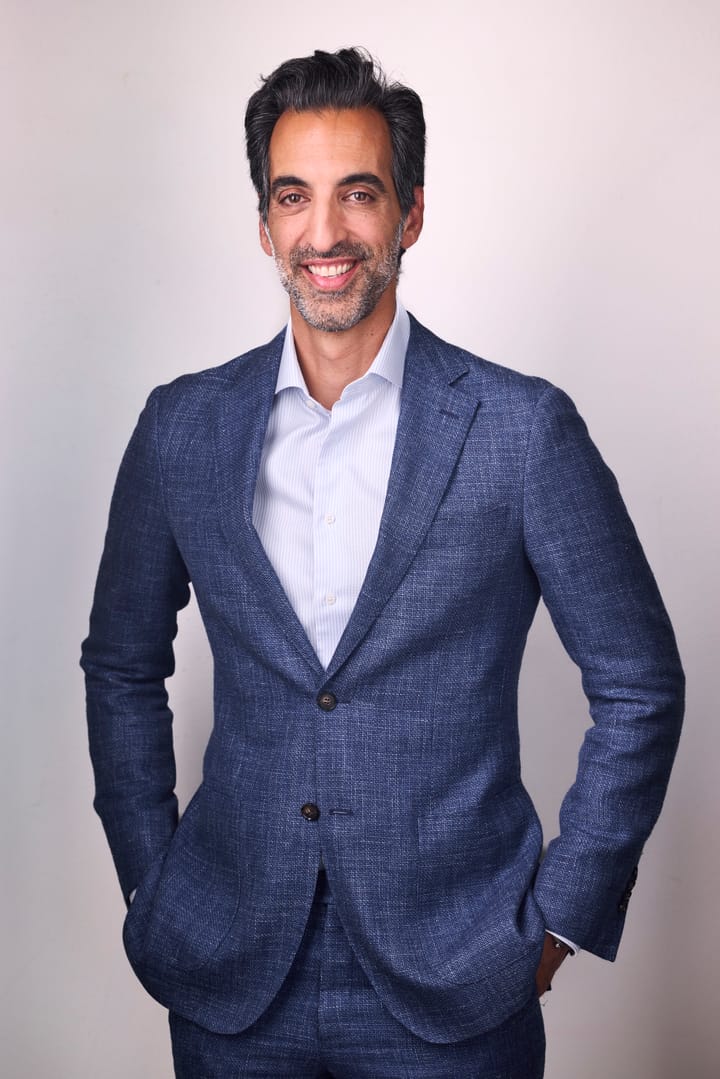Reimagining elder law
This lawyer took on the roles of insurance agent and financial advisor to enhance his service for clients

Florida attorney Geoff Hoatson is a triple threat. Not an actor/dancer/singer (although he does play the piano, ukulele and mandolin) but an elder law attorney who’s also an insurance agent and a registered financial advisor with his Series 65 license.
Hoatson’s various credentials allow the Family First Firm (which he is the founder and CEO of) to take a holistic approach to elder law.
—Interview by Emily Kelchen, edited by Bianca Prieto
Which credential did you get first? What made you decide to get others?
I became an attorney first. I became a financial advisor and insurance agent once I saw the terrible advice that was being given to seniors and retirees.
How do you explain your firm’s integrated approach to clients? Do they come looking for “legal help” and discover the rest, or the other way around?
We promote a comprehensive approach through seminars and workshops, but our clients generally come for legal assistance and then learn about the rest.
Do you think more lawyers should explore dual (or triple) credentials, or is this a niche that works only in specific practice areas?
I think it's unique to estate planning and elder law. Those areas are all about planning, as is financial planning. Having the credentials is like having all three professionals at the same table—all of them doing what's best for the client and none of them worrying about their own interests or commissions.
Can you share an example of how having all three credentials allowed you to spot an issue or solution another professional might have missed?
We had a client come in who wanted to do preplanning for long-term care Medicaid qualification. During the review of her assets, we realized that she was in extremely risky investments and had no long-term care coverage, even though she was the right age to consider it. We were able to come up with a plan that better meets her needs—and help her implement it.
How do you guard against conflicts of interest when recommending financial or insurance products to legal clients?
I have a policy that we don't offer anything that is not in the client's best interest. To that end, we do not offer those services to the majority of our law firm clients, because they don't need them. Only if we determine that they have a significant need do we suggest the options, and even then, it's a very soft introduction.
What challenges have you faced in balancing the regulatory and ethical obligations of three different professional hats?
It's about disclosure and openness. We never pressure anyone into using our companion services—and many clients are very happy with their financial professionals. We simply offer another option or second opinion.
If you had to predict, do you think the future of elder law is more interdisciplinary or more specialized?
I would guess more interdisciplinary because our clients' needs are extremely varied. I have had to become proficient in understanding medical diagnoses, hospital lingo, financial analysis and more in order to effectively serve my clients' needs.
I’ve realized the more we educate ourselves about other areas of practice, the better our profession can be at serving our clients and the greater good.

You're all caught up!
Thanks for reading today's edition! You can reach the newsletter team at raisethebar@mynewsletter.co. We enjoy hearing from you.
Interested in advertising? Email us at newslettersales@mvfglobal.com
Was this email forwarded to you? Sign up here to get this newsletter every week.
Raise the Bar is written and curated by Emily Kelchen and edited by Bianca Prieto.




Comments ()